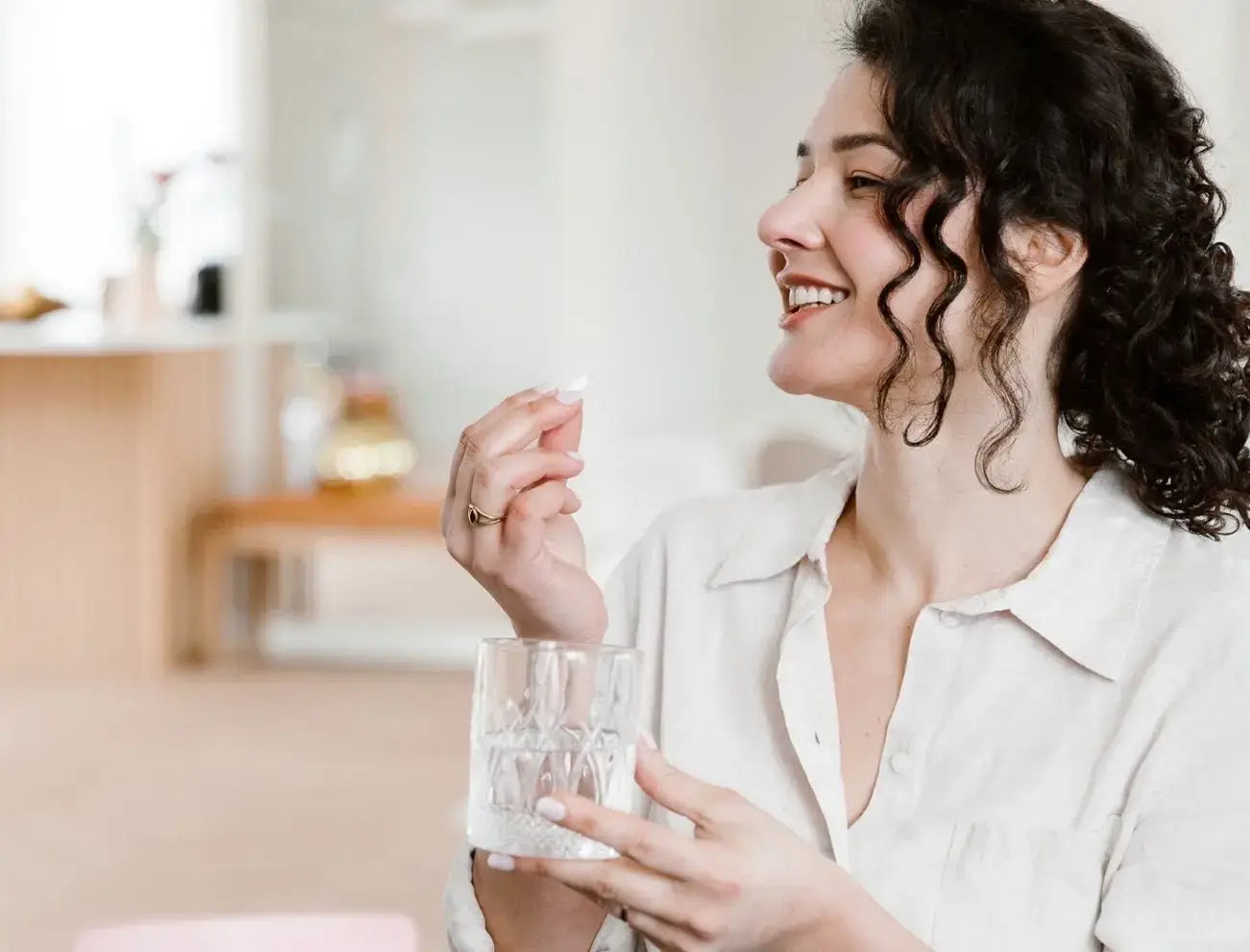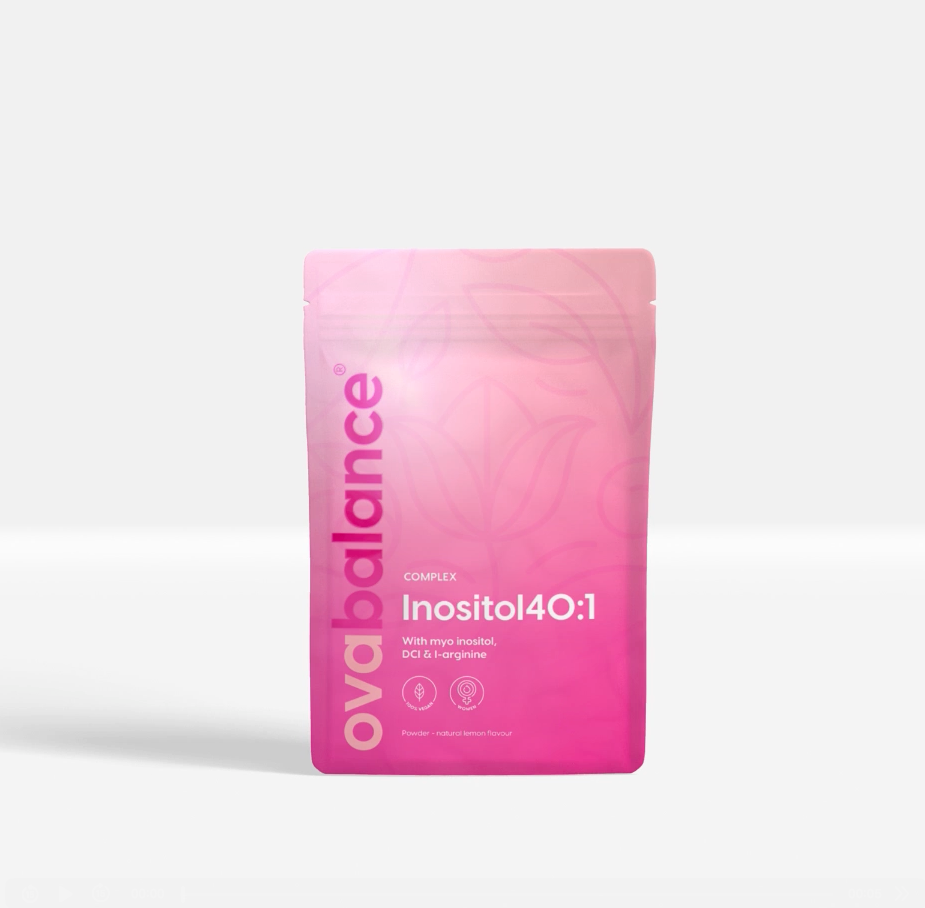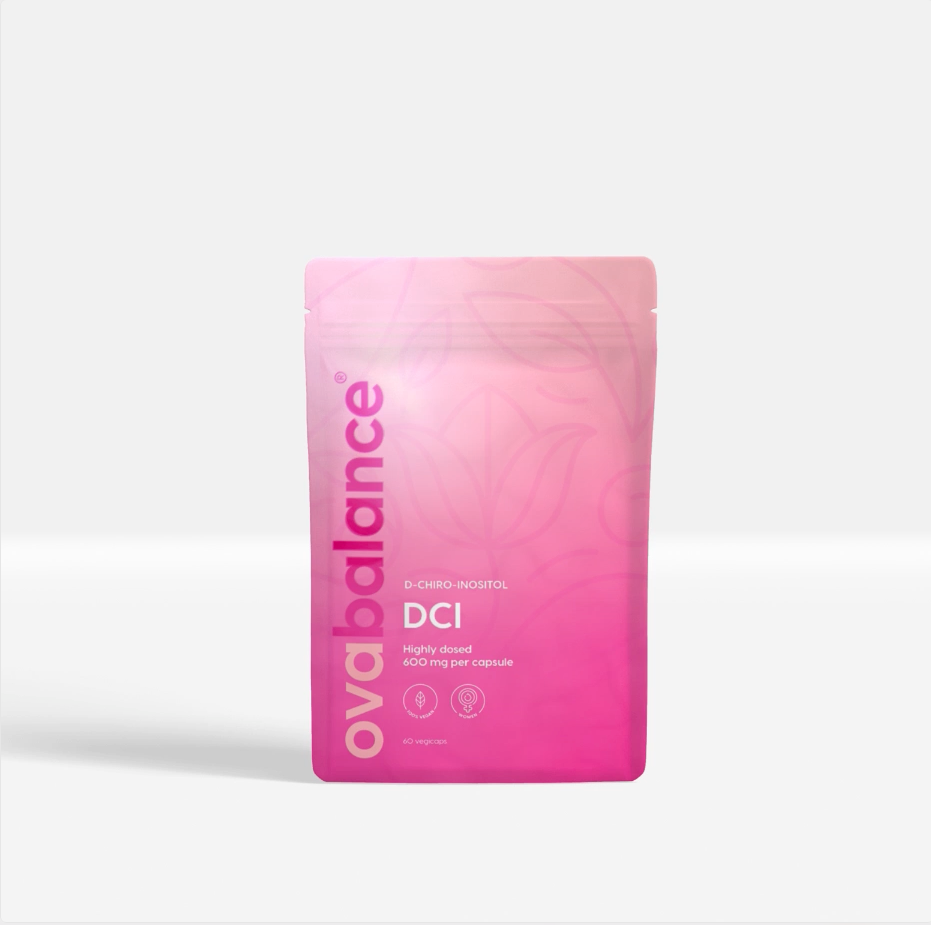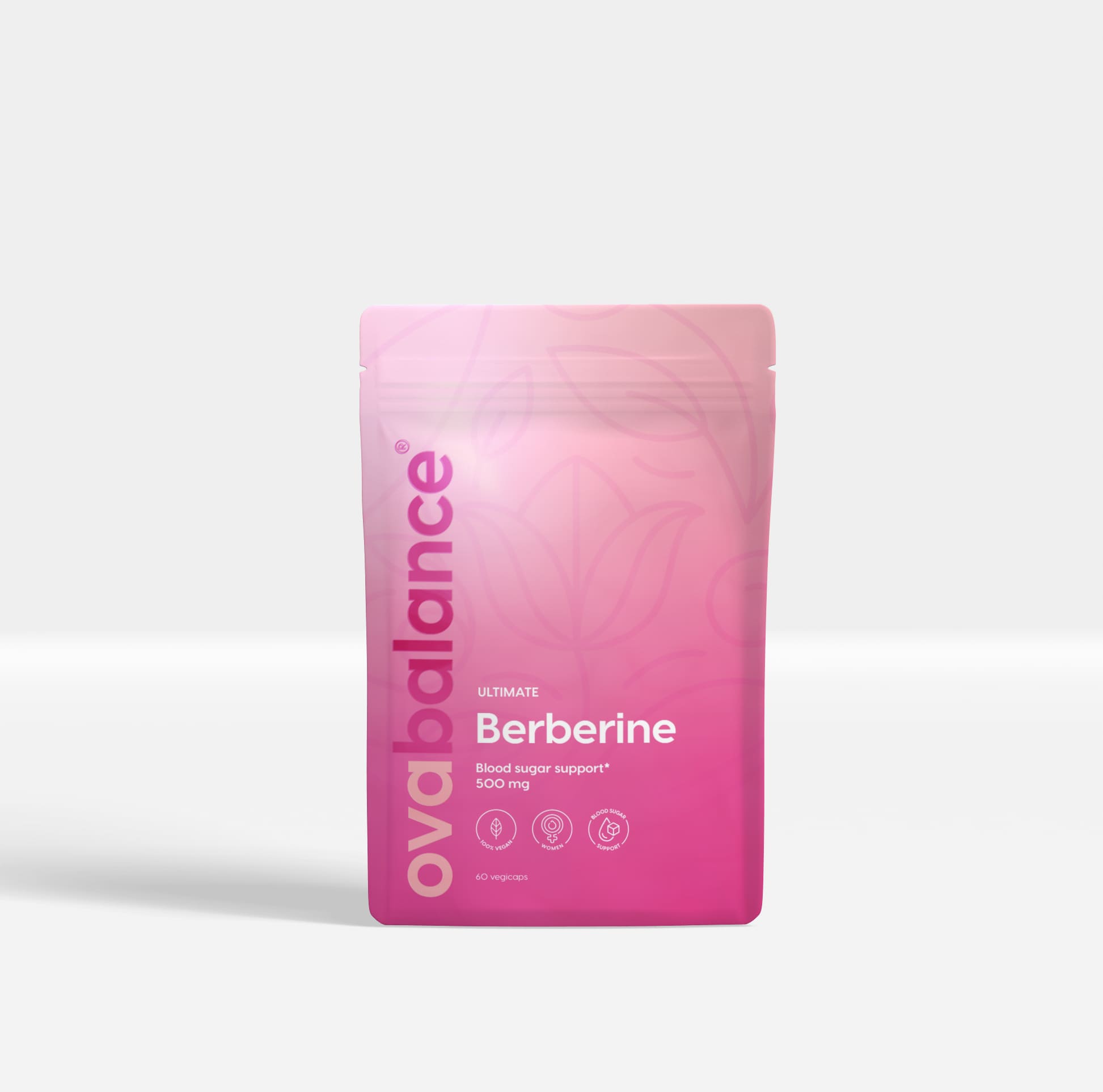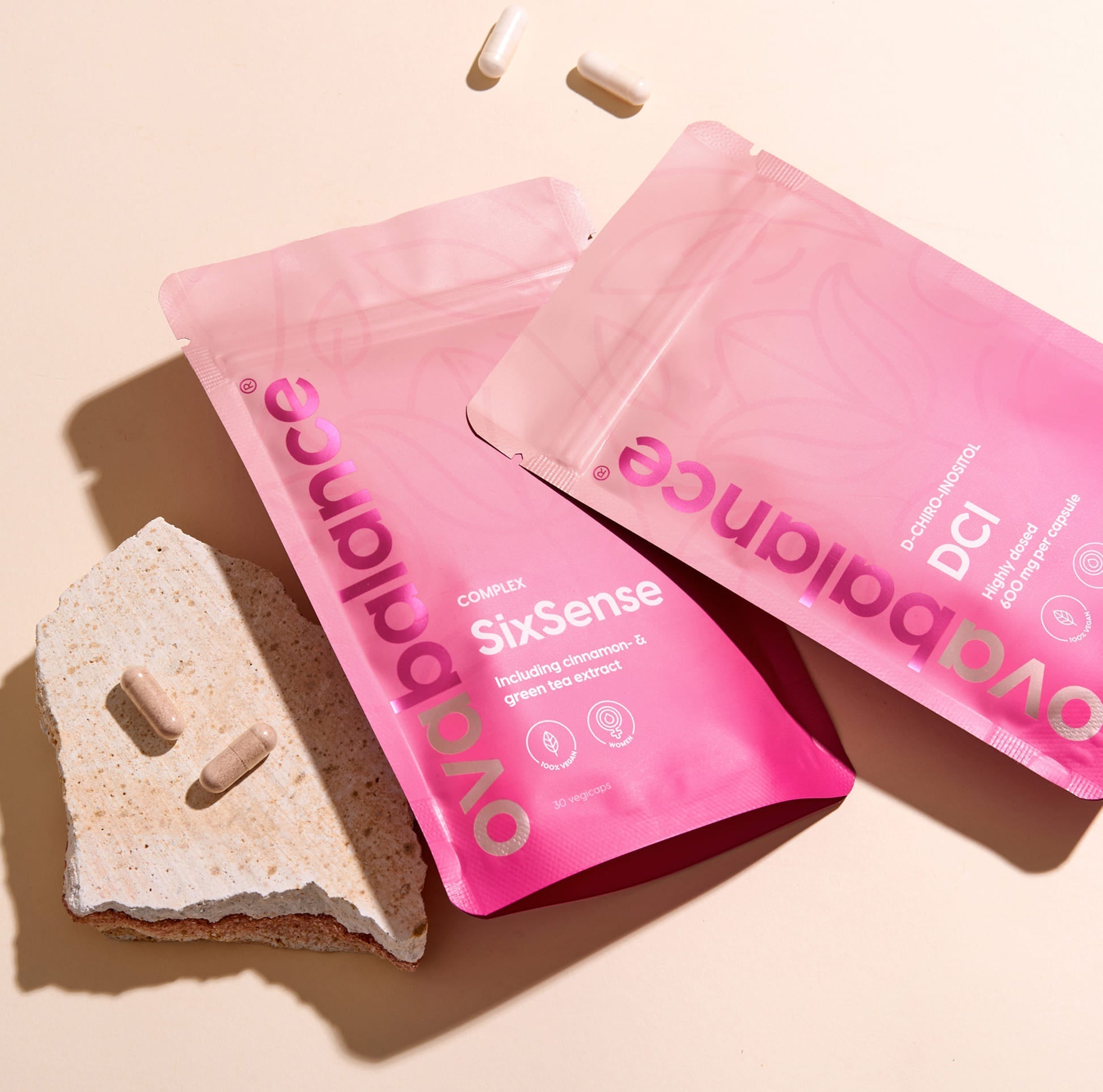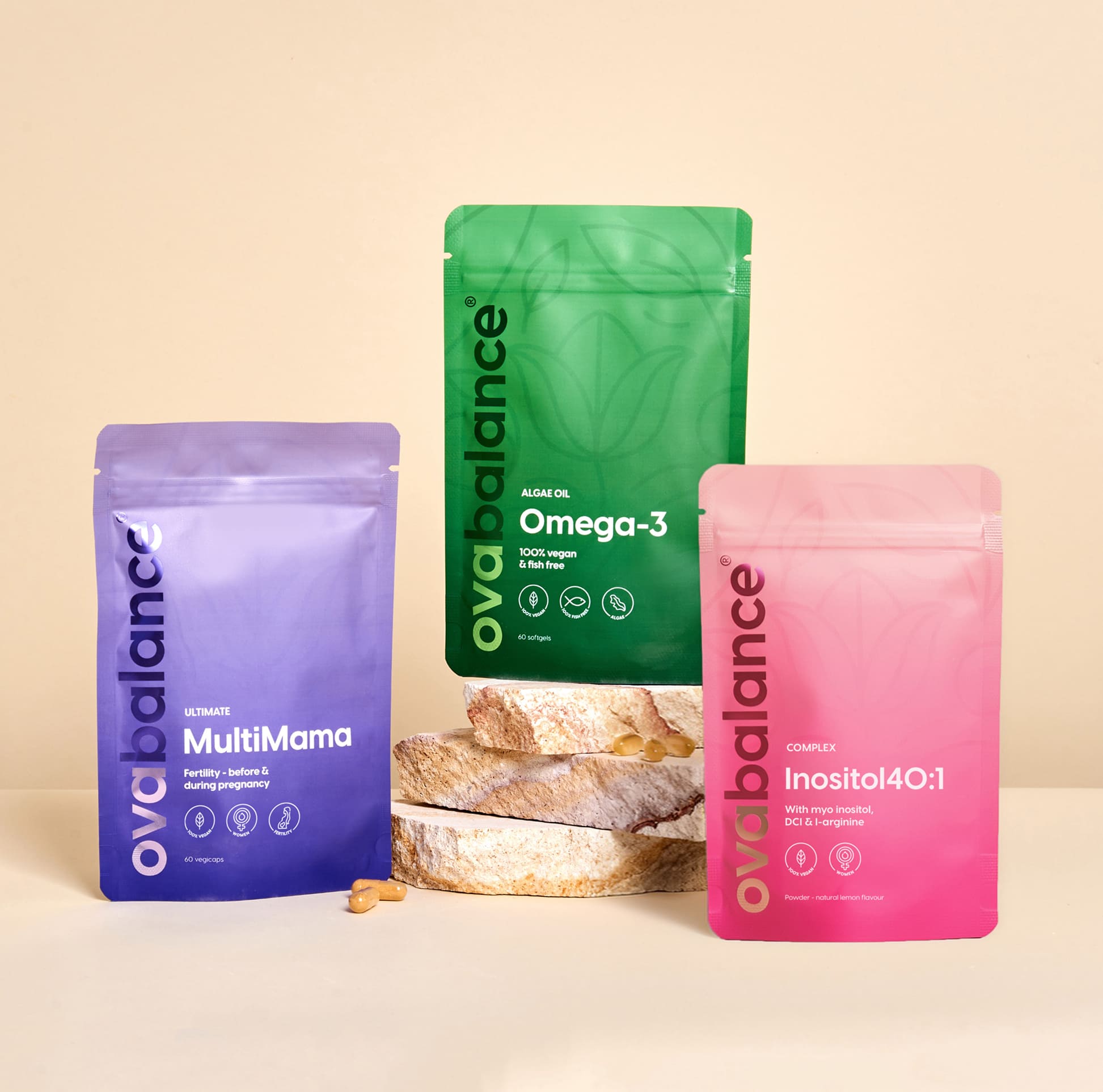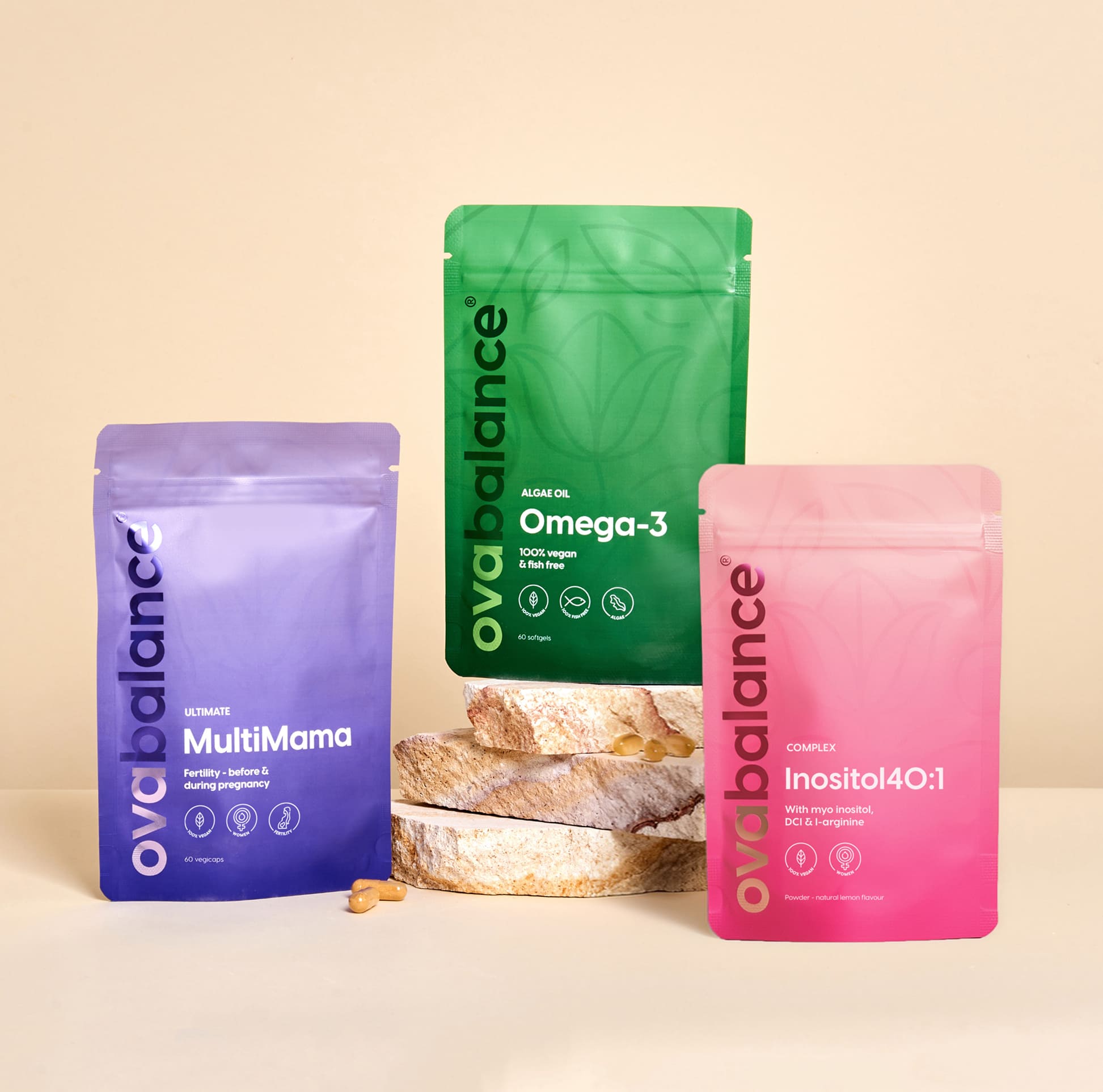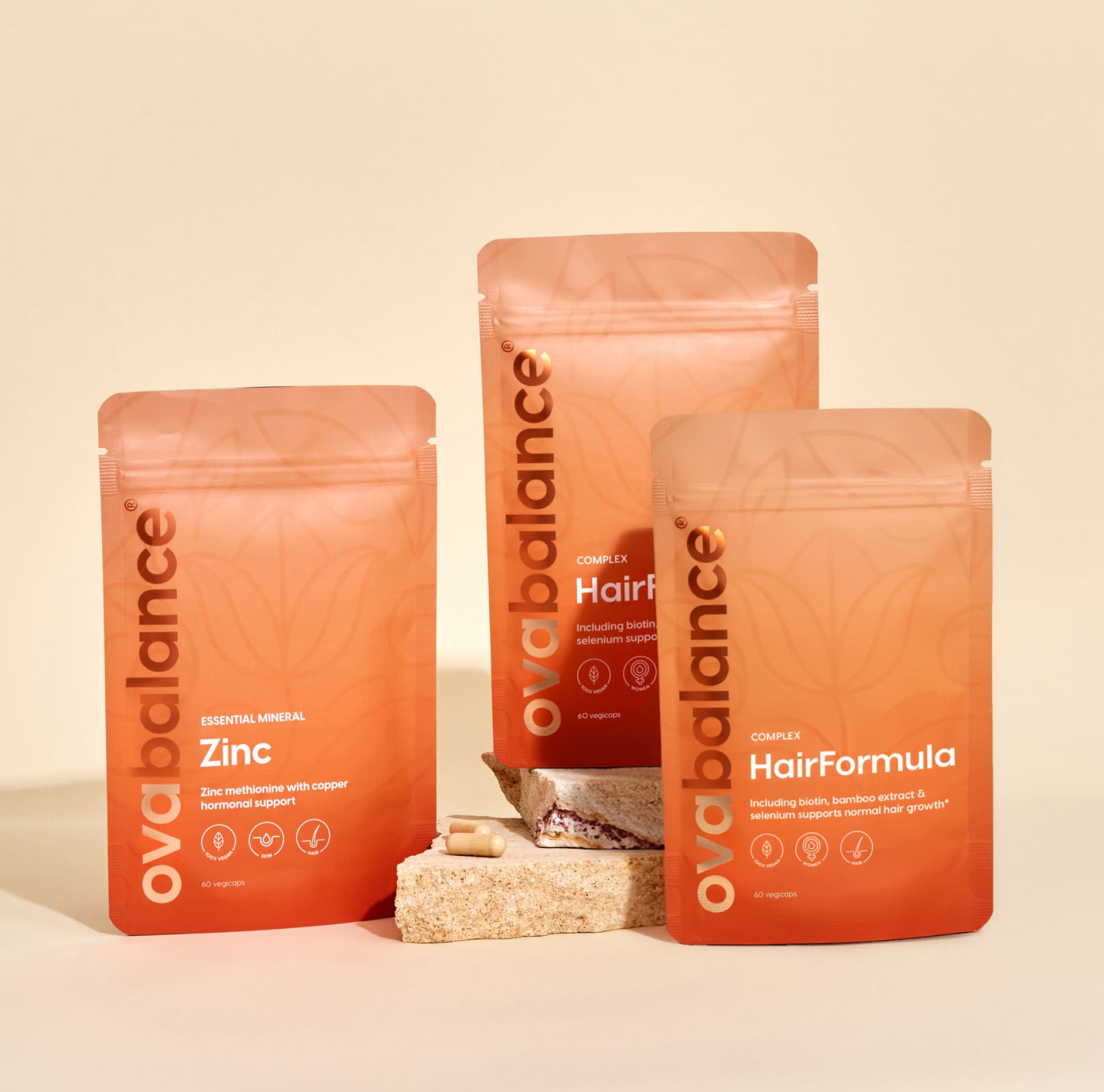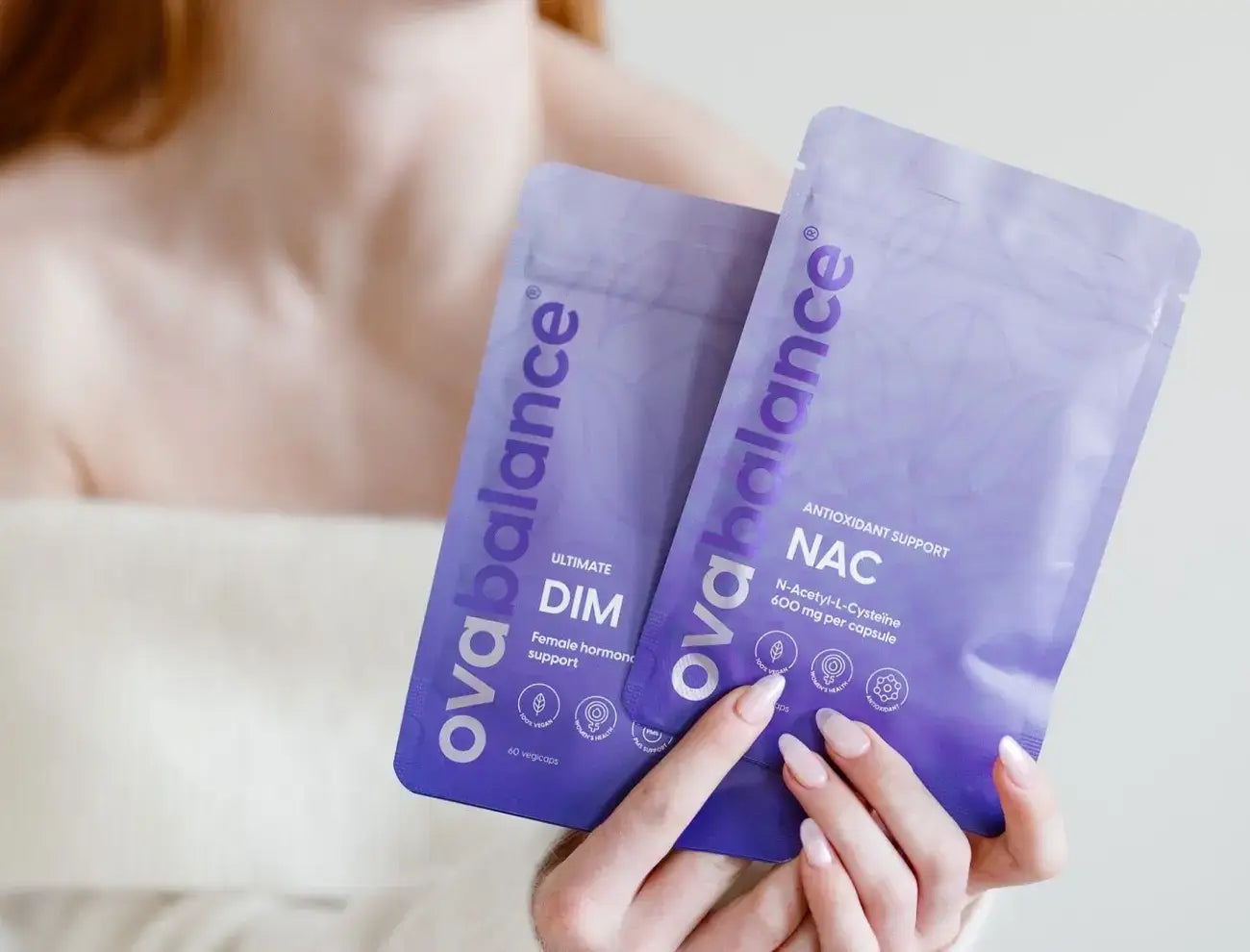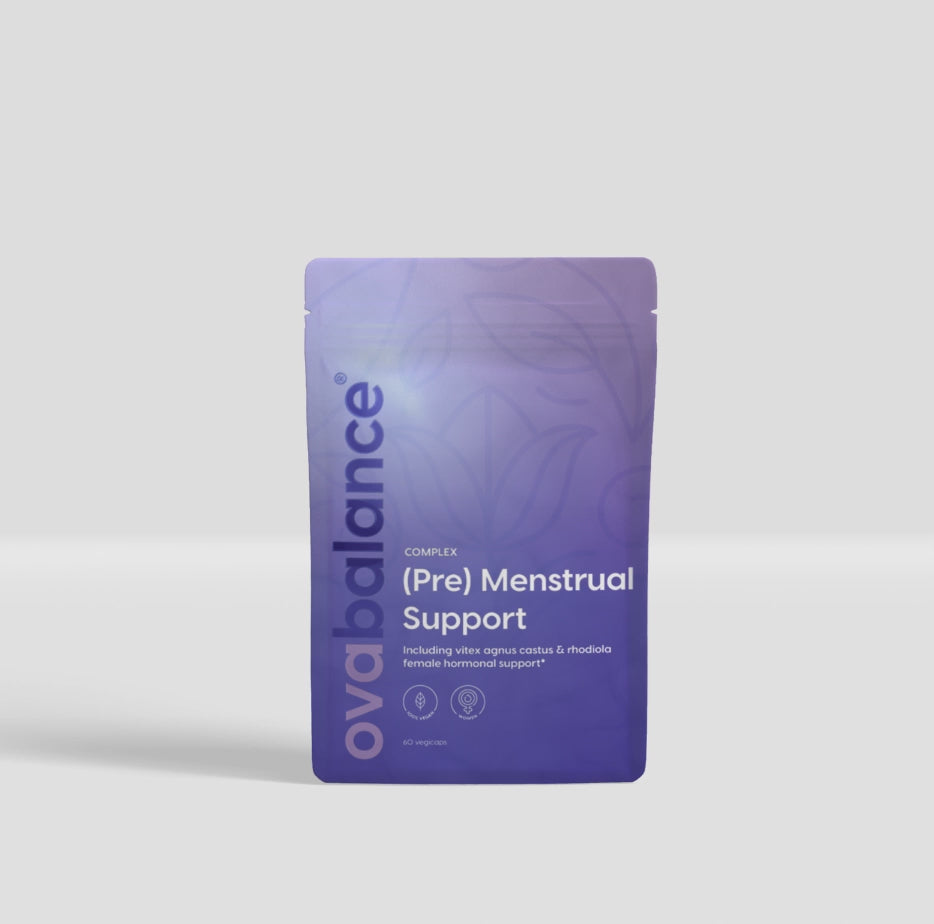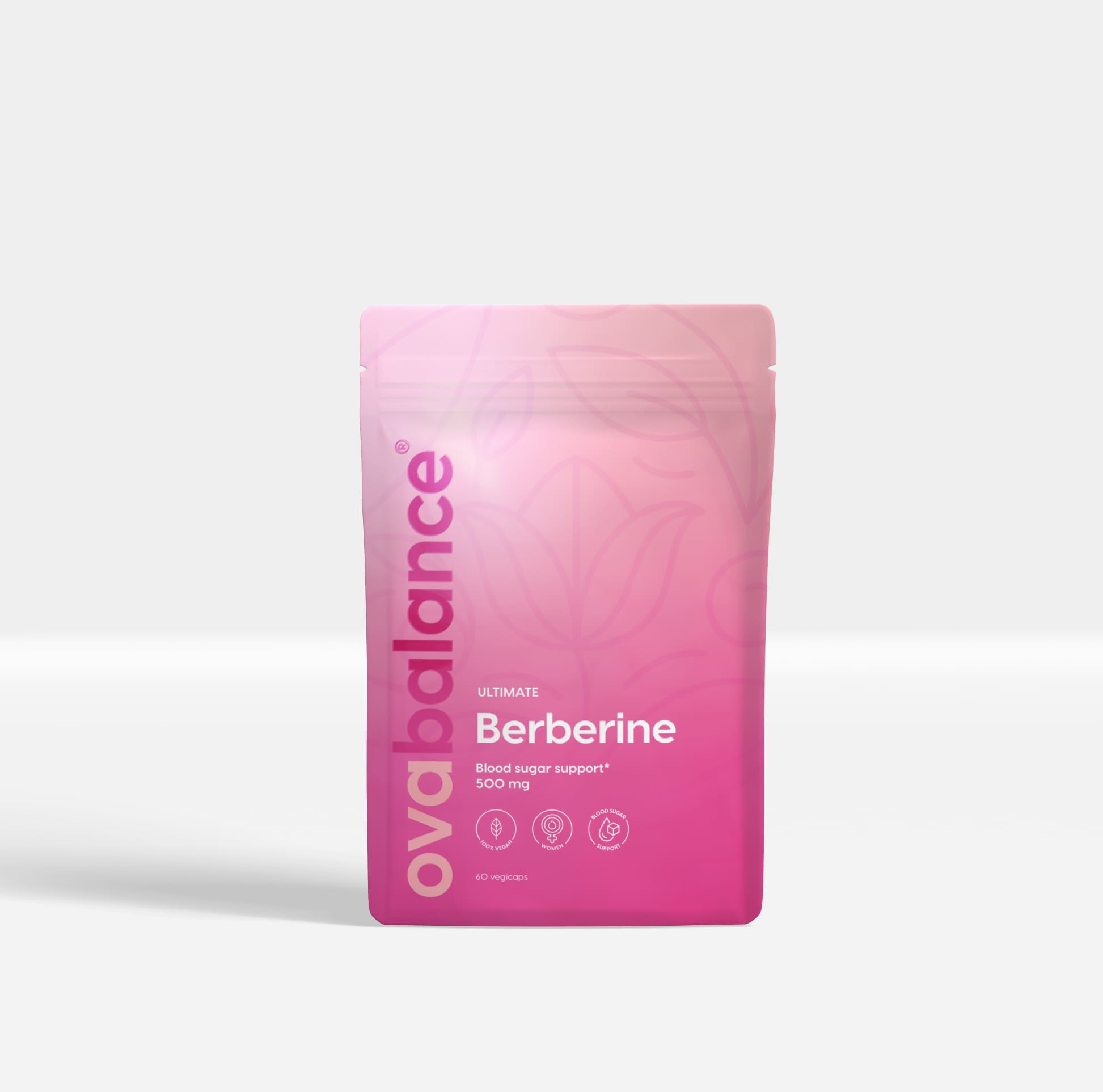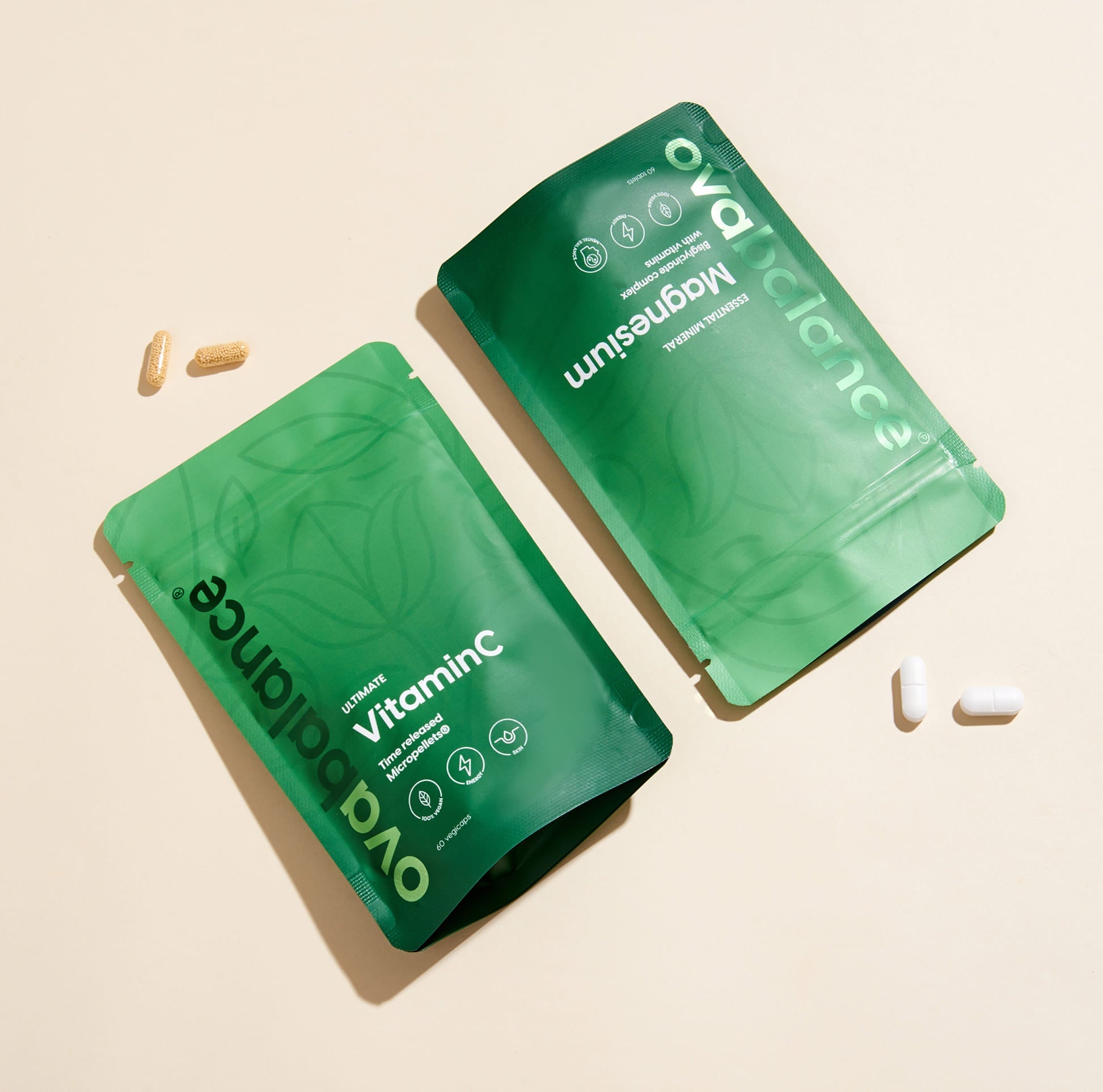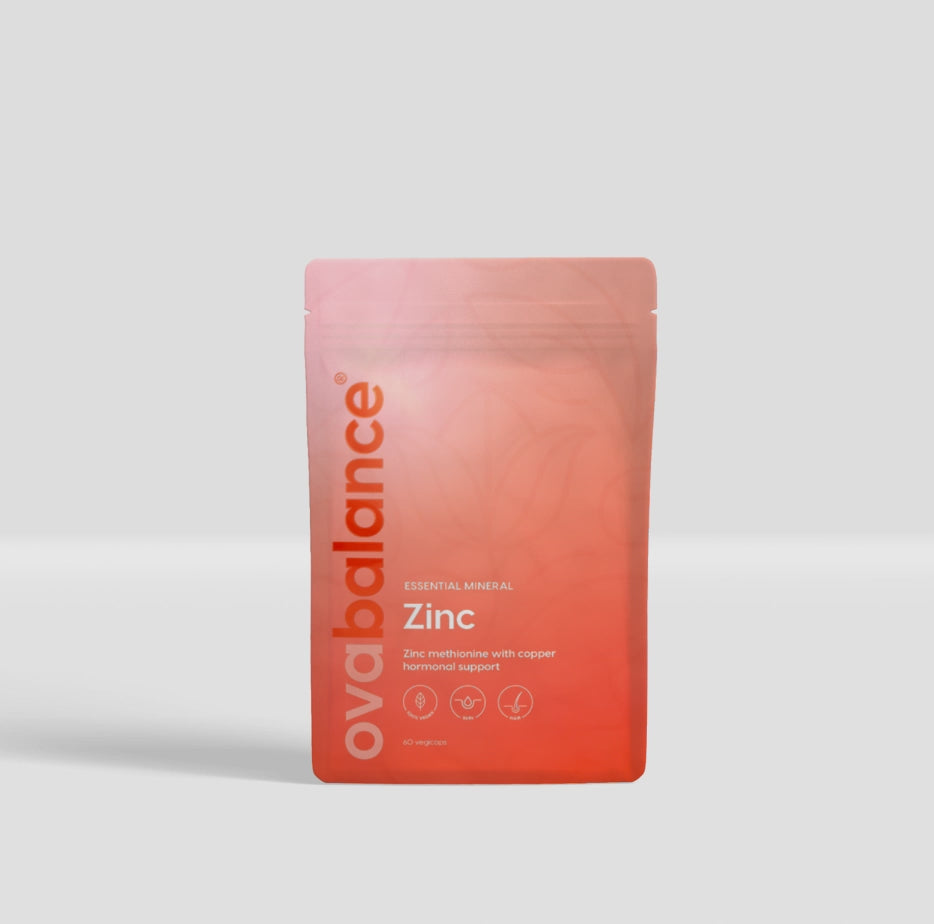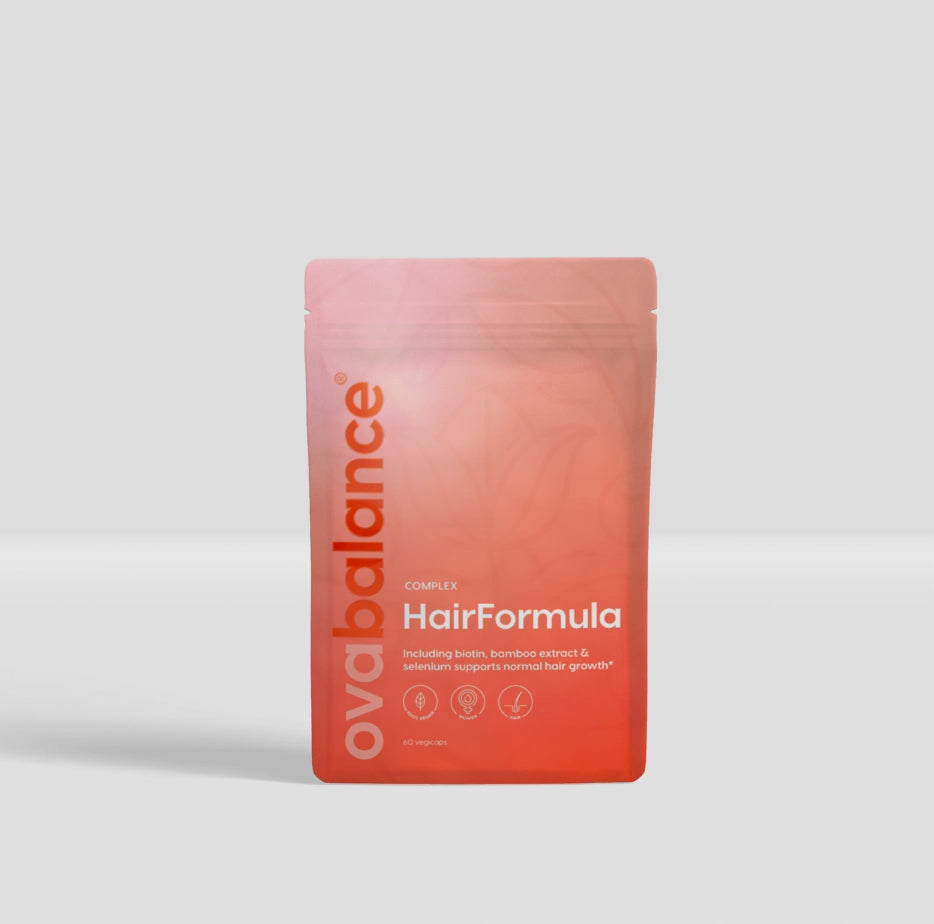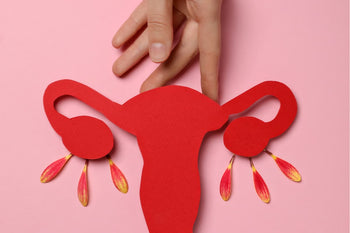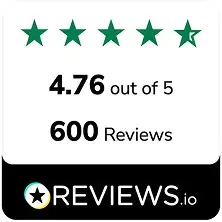

Zinc is a mineral that you absorb from food. Many people have heard of it. But what this mineral actually does, is still a mystery to many. Too bad, because Zinc is a real multitasker with various benefits. Ready to become a real expert in the field of zinc? Great, let's dive in!
Contents
What does zinc do?
We can immediately address a first misunderstanding: zinc is often called a vitamin, but it is actually a mineral. It is the helping hand for many enzymes in your body. Enzymes are substances that enable certain processes in your body. Think of the construction of your proteins, the proper functioning of your immune system and your metabolism*. Processes that are of vital importance and that we must therefore support well with healthy nutrients. We also know that zinc helps to keep the skin healthy and contributes to the condition of your hair. We will tell you more about this later in this article.
Now that we know that zinc is not correct because it is a mineral, and what it is good for, it is also good to look at what the symptoms of a zinc deficiency are. And how much zinc you are allowed to take per day and whether you can also take too much zinc per day.
Are you getting enough zinc?
An adult woman needs 7 milligrams of zinc per day. In the case of pregnancy, this requirement increases to 9.1 milligrams and when breastfeeding it increases a little more, to 11 milligrams per day. For an adult man, the advice is 9 milligrams of zinc per day.
If you do not get enough zinc in your diet, you can notice this in your skin, for example. Smelling and tasting differently is also an indication. Do you recognize this? Or do you have an increased chance of a zinc deficiency, for example because you eat vegetarian or sweat a lot (due to intensive sports)? Then keep track of how much zinc you get per day through your diet. If you are worried, you can always visit your GP. A zinc supplement can help you to supplement the zinc you get daily through your diet.
Too much zinc?
Taking too much zinc is almost impossible if you only get zinc from your diet. You can get too much zinc if you take additional supplements, but this is also only possible if you take a high dose of zinc tablets every day for a long time. In the latter case, a copper deficiency can also occur.
Although it is quite difficult to get too much zinc, the EFSA has set an upper limit. For adults, this is 25 milligrams of zinc.
Which foods contain zinc?
Food is one of the solutions to get the right amount of vitamins and minerals. But where is zinc found?
The mineral is found in animal products such as shellfish, meat and dairy. But we also find it in legumes, seeds, nuts and whole grain products. The problem with whole grain products is that they also contain a lot of phytic acid. Phytic acid binds to zinc and prevents it from being absorbed by your intestines. So that is not of much use to you.
Time to maybe shake up your diet a bit and treat yourself to a healthier diet. For example, integrate oranges, chickpeas, onions, asparagus, avocado, butter, coconut, oats and buckwheat into your diet. Try to divide your zinc intake over several meals. That way you are not dependent on just your dinner. Have a buckwheat product for breakfast one time and avocado toast for lunch the next. If you eat the above nutrients often enough, you will be well on your way.

To supplement the amount of zinc you get through your diet, choose a high-quality zinc supplement . Ovabalance supplements are formulated without unnecessary additives and fillers and are vegan, so you can take them with confidence.
Want to know more about the benefits of vegan vitamins? Read the article about vegan vitamins .
A little help: what does zinc do for your skin?
We all want healthy skin without impurities. But sometimes we have to do something for it. Not only is good skin care important: for example removing your make-up and cleansing your face. But also nourishing the skin from within, with healthy food contributes to its health.
In addition to a healthy and varied diet, you can also call in reinforcements. Skin supplements are a good addition to your diet. For example, both vitamin D and a zinc tablet help keep your healthy skin in balance.
Zinc is good for your skin, but what else does it do?
Zinc contributes to the production of cells and tissues, of which your skin is one. And it helps protect our healthy body cells against harmful influences such as UV radiation and air pollution. In addition to the positive effect of zinc on your healthy skin, there are more advantages of this mineral to mention:
This is how zinc contributes to your normal immune system;
It helps in building (body) protein;
Zinc also contributes to the maintenance of normal bones;
In addition, it contributes to normal concentration and supports your memory and intelligence;
In addition, this all-rounder also helps to maintain normal hormonal balance.
Zinc is therefore a substance that we should certainly not underestimate. It ensures that various processes in your body run smoothly and that you can also shine from the inside out. Your body does not produce it itself, so you have to make sure that you get it with your food. Time to welcome zinc into your life and experience what this vitamin can do for you!
Sources:
